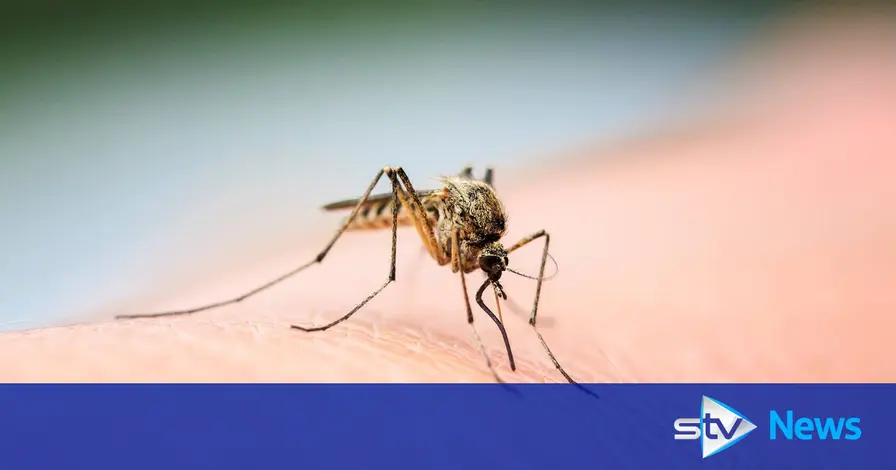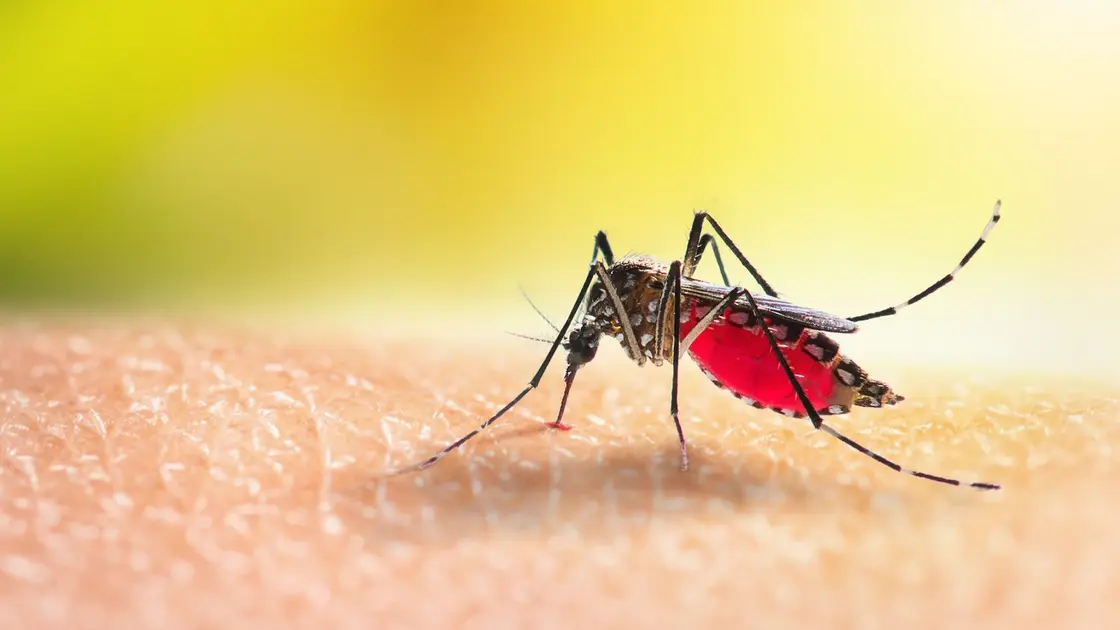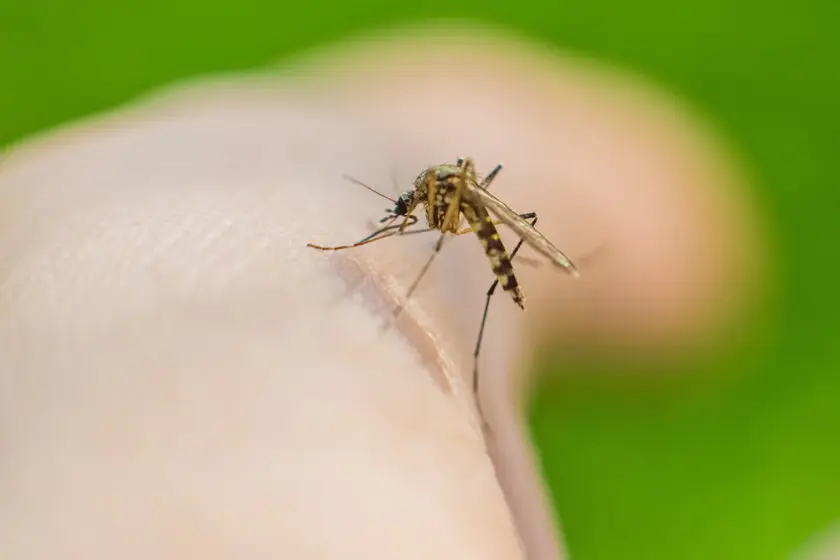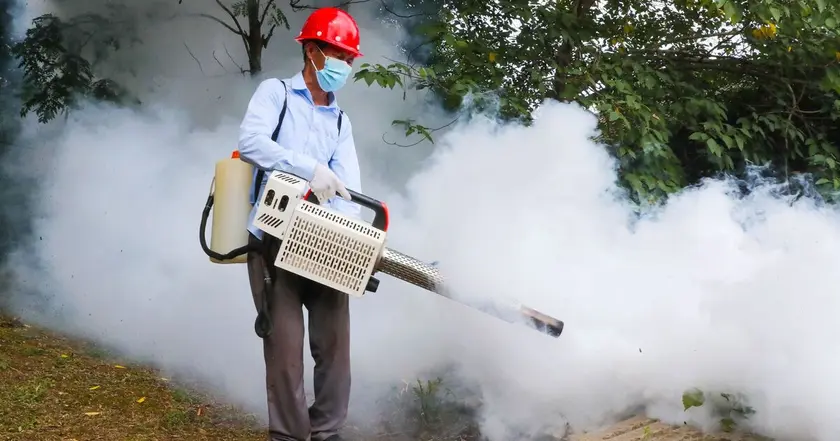T4K3.news
Chikungunya cases rise in UK
UK health authorities report a spike in chikungunya among travelers and the first UK detection of oropouche virus.

UK health authorities report a spike in chikungunya among travelers and the first UK cases of oropouche virus, prompting renewed focus on prevention.
UK Faces Rising Chikungunya Cases with Oropouche Virus Detection
UK health authorities say cases of chikungunya among people returning from abroad have more than doubled in the first half of 2025, with 73 cases reported from January to June, compared with 27 in the same period last year. The UK Health Security Agency also confirmed three cases of oropouche virus, marking the first time the virus has appeared in the country. Most chikungunya cases involved travel to Sri Lanka, India and Mauritius, linked to outbreaks in the Indian Ocean region.
Chikungunya is spread by Aedes mosquitoes and brings fever, muscle and joint pain, nausea and rash. Joint pain can linger for months or even years. Oropouche virus is spread mainly by midges and can produce similar symptoms, making travel history important for diagnosis. UK health bodies advise people who feel unwell after travel to seek urgent medical advice. Vaccines for chikungunya exist and are available privately through travel clinics after a clinician assessment, while prevention focuses on bite protection, screens for windows and doors, avoiding peak bite times, and removing standing water where mosquitoes breed.
Key Takeaways
"Joint pain can persist for months or years after infection"
UKHSA notes long-term symptoms
"Climate change and urban expansion help outbreaks spread"
LSHTM researchers on drivers of spread
"Oropouche virus appears in travelers returning from Brazil"
UK cases linked to travel abroad
The rise signals how climate and movement are reshaping health risk. More warm seasons and crowded cities can expand mosquito and midge habitats, increasing exposure for travelers and residents alike. Health officials stress simple steps over drama: repellent, protective clothing and physical barriers reduce bite risk, while awareness of symptoms prompts quicker care and containment. The appearance of oropouche in the UK, alongside chikungunya, underlines the need for stronger surveillance and rapid diagnostic capacity so outbreaks are caught early rather than spiraling.
Highlights
- Months of joint pain can follow a single trip
- Protect yourself with nets, repellents, and proper clothing
- Vaccines exist but are sold privately through travel clinics
- Surveillance must pace with global travel and changing threats
Ongoing vigilance is essential as travel patterns evolve.
Enjoyed this? Let your friends know!
Related News

UK travel health alert

Chikungunya travel advisory

UK travel health update

Chikungunya cases rise significantly in China

Vaccination checks urged before travel

Chikungunya outbreak expands in China

Health alert for UK tourists in Italy

Chikungunya outbreak expands
